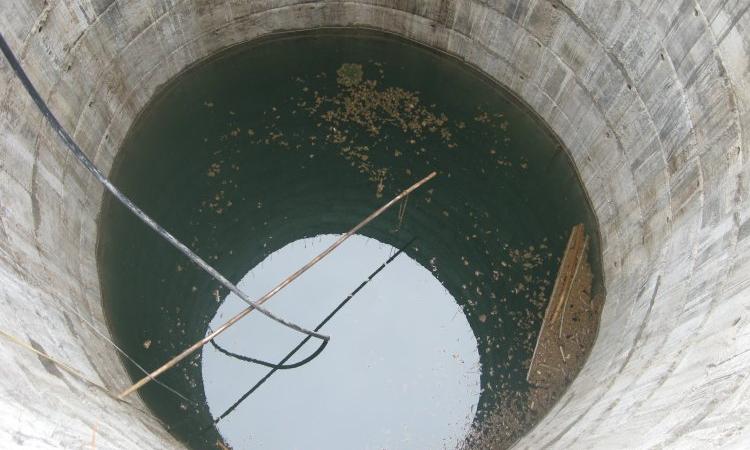
The landmark report titled A 21st century institutional architecture for India's water reforms submitted by the expert committee chaired by Dr Mihir Shah on restructuring the Central Water Comission (CWC) and the Central Ground Water Board (CGWB) to form a new National Water Commission (NWC) reflected the beginning of a paradigm shift in the water management and governance in the country.
A number of comments and concerns were raised by experts on the report. The Economic and Political Weekly brought out a special issue on water governance that included articles that analysed the report.
For example, K.J. Joy from SOPPECOM in an article titled An Important Step in Reforming Water Governance appreciates the idea of restructuring two important water institutions in the country as a part of the alternative agenda proposed for the water sector. He, however, points out that the creation of a National Water Commission (NWC) as an apex facilitation organisation dealing with water policy, data and governance, although necessary, might not be sufficient to restructure the water sector. He believes that ideas of this magnitude would require a new institutional architecture that extends beyond the NWC and its eight divisions and should involve different participatory institutions at different scales.
In his response to the comments by experts, Dr Mihir Shah, in his article titled The way forward, summarises the background to the report, highlights its main features, and addresses some of the concerns raised by the experts.
A copy of both the articles can be downloaded from below.
Abstracts of the other articles from the special EPW issue can be accessed here.
You can read the summary of the Mihir Shah Committee report here.
/articles/what-we-should-know-about-national-water-commission